Community Athlete Representative – Manual 2018
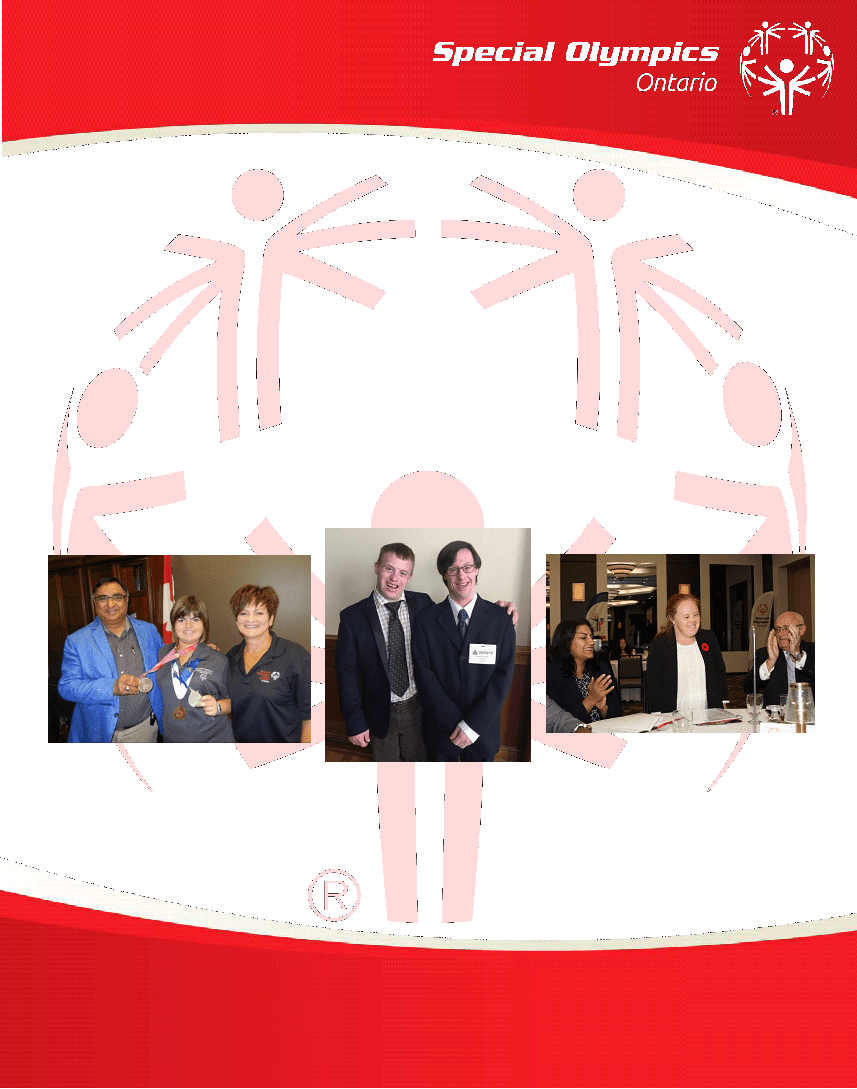
Community Athlete Representative Manual
1
Community Athlete Representative Manual
Table Contents
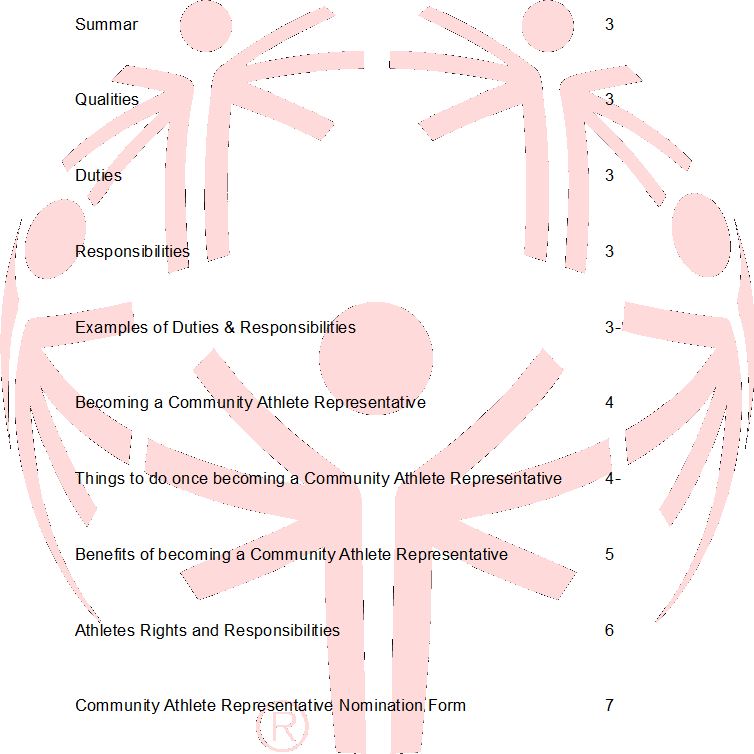

Community Athlete Representatives
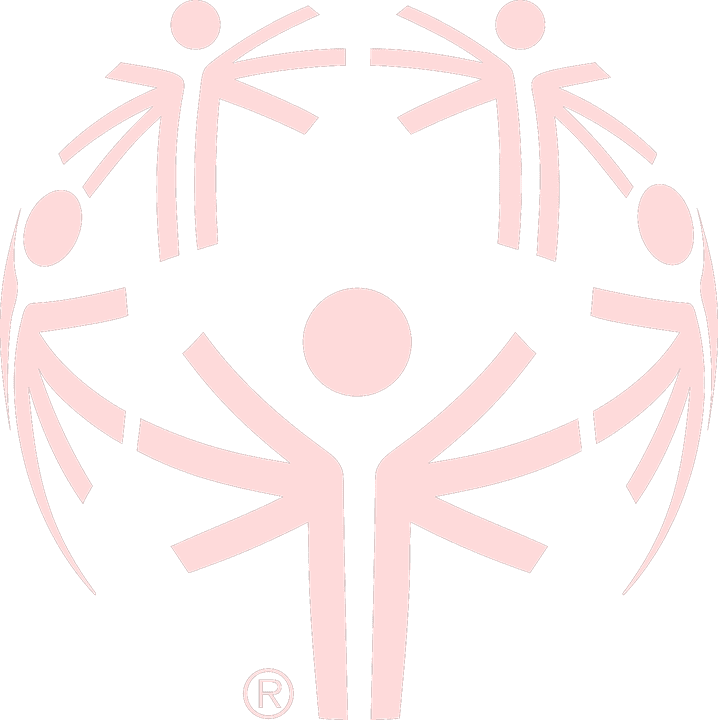 Special Olympics Athlete Leaders have the opportunity to become active members of their local Community Council. They can do this by applying to be a Community Athlete Representative or being nominated to be a Community Athlete Representative. The role of the Community Athlete Representative is to provide a voice for all local athletes on Community Councils and to help ensure that athletes in the community are participating in community initiatives.
Special Olympics Athlete Leaders have the opportunity to become active members of their local Community Council. They can do this by applying to be a Community Athlete Representative or being nominated to be a Community Athlete Representative. The role of the Community Athlete Representative is to provide a voice for all local athletes on Community Councils and to help ensure that athletes in the community are participating in community initiatives.
Community Athlete Representative Qualities:
-
Passionate about Special Olympics
- Good communication skills
- Positive attitude
- Organized
- Committed and Responsible
- Patient
- Strong Listening Skills
- Desire to take on new challenges
- Respected by other Special Olympics athletes, coaches and volunteers
-
Ability to form their own opinions and communicate them clearly Community Athlete Representative Duties
- Get feedback from athletes about their interests, concerns, and wishes for their local programs
- Speak on behalf of the athletes in your community at Community Council Meetings
- Ensure that athletes know about and attend Community Events
- Determine ways to spread awareness about Special Olympics
-
Speak on behalf of Special Olympics at local events and schools Community Athlete Representative Responsibilities
- Understand and adhere to the Athletes Rights and Responsibilities
- Complete an Athlete Leadership Program (ALPs) workshop when available
- Have access to email
- Spend at least 10 hours a month on your duties as a Community Athlete Representative
Examples of how to execute your Duties and Responsibilities
At council meetings:
- Provide input on athlete issues and/or topics that arise
- Provide meaningful input about topics you’d like to see discussed
- In the Community:
- Introduce yourself to your fellow athletes at events and practices
- Explain your role on the council to your fellow athletes
- Provide important information to fellow athletes discussed at Community Council Meetings
- Represent the council and your community at events such as;
- Cheque Presentations
- Sports Events (Golf tournaments, Puck drop, etc.)
 Fundraisers
Fundraisers- Interviews
- Lead health and nutrition discussions with other athletes
- Initiate fundraising ideas and awareness events
- Use social media to spread the word about Special Olympics and your experience as an Athlete Leader
- Be a role model for younger athletes, as well as other members in your community
Becoming a Community Athlete Representative
A coach, volunteer, or other Special Olympics Ontario member must nominate community Athlete Representatives. Athletes can also nominate themselves. Examples of how to become a Community Athlete Representative:
- Speaking with your coach about your interest in the position and asking them to nominate you
- Speak to your Community Coordinator or Athlete Coordinator about your interest in the position, and about the next steps
- Complete a Community Athlete Representative nomination form yourself
Things to do once becoming a Community Athlete Representative
Once becoming a representative, there are some key things to remember to do. In your role, you may be asked to:
- Attend Community Council Meetings
- Work with the Community Council and Athlete Leadership Coordinator (if applicable) to determine your duties on the Community Council
- Visit local practices and teams, and introduce yourself to your fellow athletes
- Communicate with local athletes about their interests, concerns, and wishes for Special Olympics and communicate the appropriate information back to the Community Council
- Work with Community Council to find new opportunities to talk about Special Olympics Ontario in your community
- Athlete Representative Recruitment
- Special Olympics Ontario is committed to ensuring that athletes participate in all key areas of the organization through athlete empowerment initiatives. This commitment hopes to ensure that athletes are given the opportunity to participate in the Special Olympics movement beyond sports training and competition.
- Through athlete empowerment, Special Olympics Ontario hopes to help athletes experience greater control over their lives, put their thoughts into
action, be personally responsible and have some input in their local communities. It is SOO’s goal to include the participation of as many people with intellectual disabilities in running and spreading awareness for SOO programs as possible.
- Athlete Representative Recruitment
 There are many benefits to becoming a Community Athlete Representative. Some examples of those benefits may include;
There are many benefits to becoming a Community Athlete Representative. Some examples of those benefits may include;- Local athletes being more supported
- Athletes have a stronger connection to their SOO local community
- Athletes develop a better understating of the SOO organization
- Athletes develop stronger relationships with agency partners, schools, and/or municipalities
- Athletes participate in enacting positive change
- Athletes develop and utilize their leadership, presentation, and communication skills as a whole
Benefits of becoming a Community Athlete Representative
There are many benefits to becoming a Community Athlete Representative. Below is a list of a few examples:
- Local athletes are more supported
- Athletes have a stronger connection to their Special Olympics Ontario community
- Athlete develop a better understanding of the Special Olympics Ontario organization
- Athlete develop stronger relationships with agency partners, schools and municipalities
- Athlete participate in enacting positive change
- Athlete develop and utilize their leadership, presentation and communication skills
Athletes Rights and Responsibilities
I have the RIGHT to belong to Special Olympics Ontario (SOO).
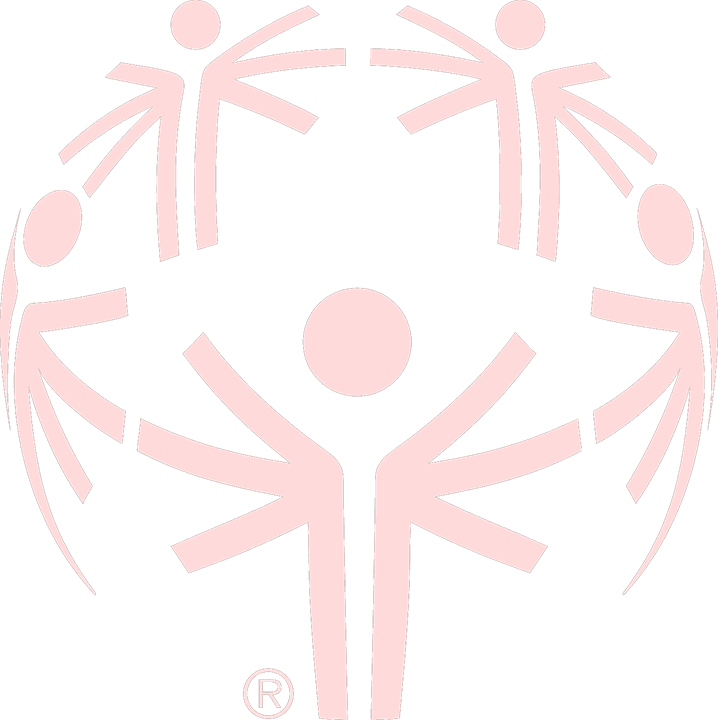 It is my RESPONSIBILITY to uphold its Oath and be dedicated to my sport and my team.
It is my RESPONSIBILITY to uphold its Oath and be dedicated to my sport and my team.
I have the RIGHT to be treated fairly and equally.
It is my RESPONSIBILITY to know the rules, follow the rules and accept the consequences of ALL my actions.
I have the RIGHT to speak and be heard.
It is my RESPONSIBILITY to communicate with others respectfully, and not to use any foul language or unkind words, or unkind gestures.
I have the RIGHT to a qualified and dedicated coach who will respect my rights as an athlete.
It is my RESPONSIBILITY to work together with my coach, and respect his or her rights as a coach.
I have the RIGHT to enjoy my sport in a safe place and in a safe way.
It is my RESPONSIBILITY to tell my coach, or another person I trust, if I feel unsafe. I have the RIGHT to be united in sportsmanship and fair play.
It is my RESPONSIBILITY to treat others fairly, encourage sportsmanship and fair play. I have the RIGHT to bring to events my personal items and my sports equipment.
It is my RESPONSIBILITY to look after my sports equipment and report any theft or damage of my sports equipment to someone I trust. I will not take another person’s property.
I have the RIGHT to be respected on and off the field, or wherever I play my sport. It is my RESPONSIBILITY to respect others on and off the field.
I have the RIGHT to be the best I can be and to receive recognition for my successes. It is my RESPONSIBILITY to encourage and support others to do their best.
I have the RIGHT to win, and if I cannot win, be brave in the attempt.
It is my RESPONSIBILITY to have fun and participate in the sport of my choice in a safe and positive way.
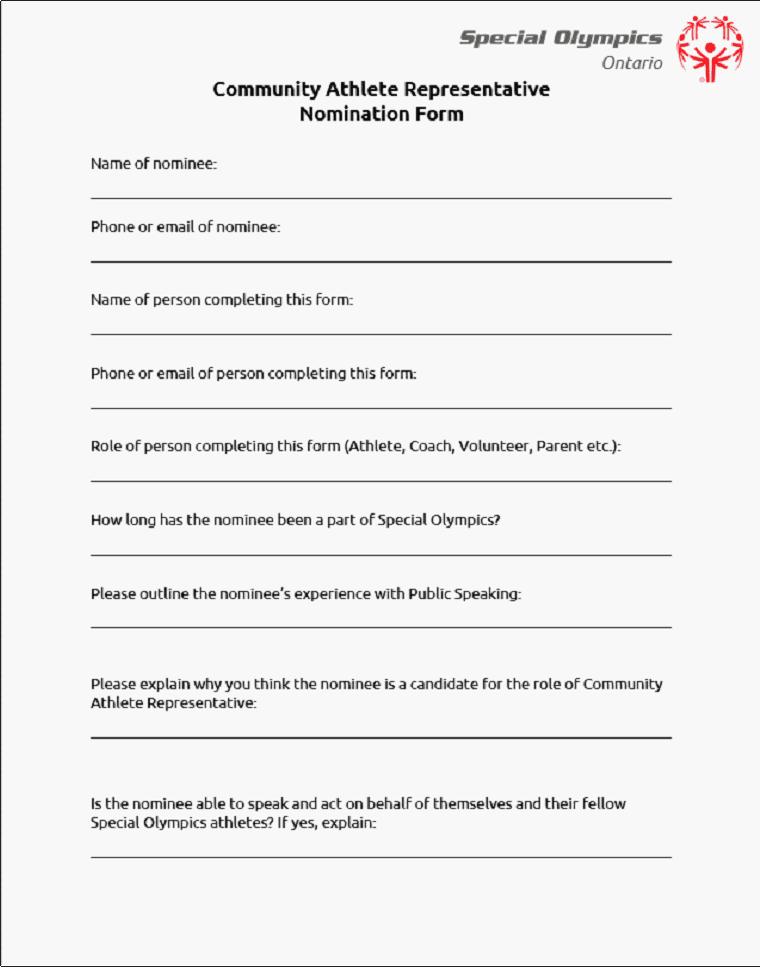



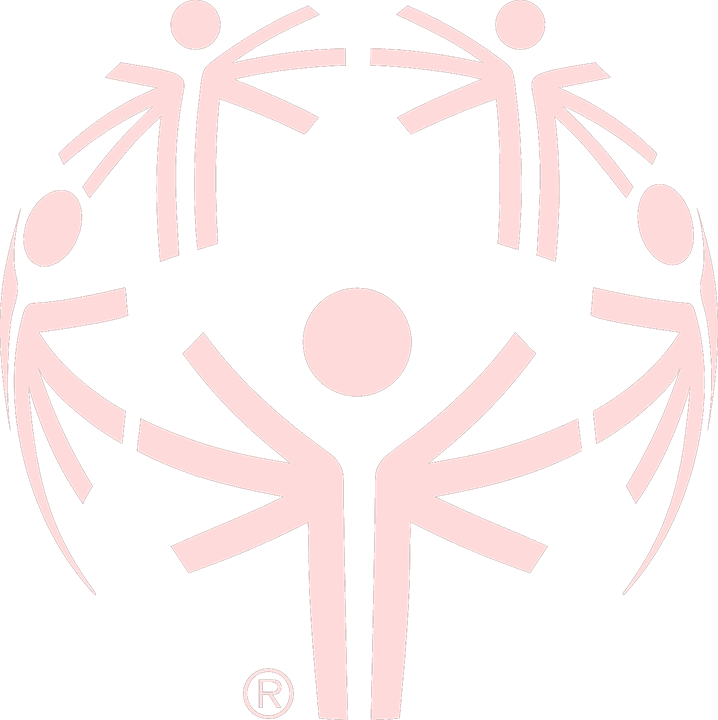 Fundraisers
Fundraisers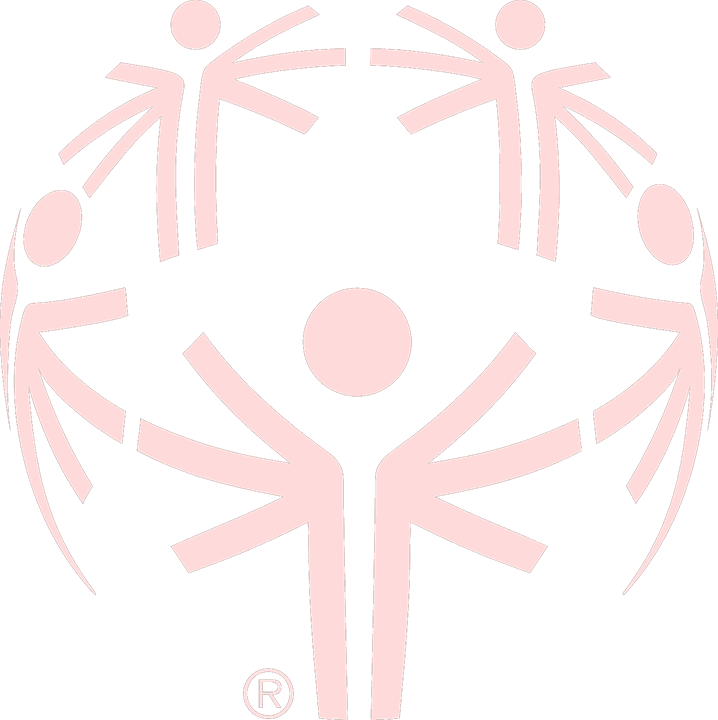 There are many benefits to becoming a Community Athlete Representative. Some examples of those benefits may include;
There are many benefits to becoming a Community Athlete Representative. Some examples of those benefits may include;